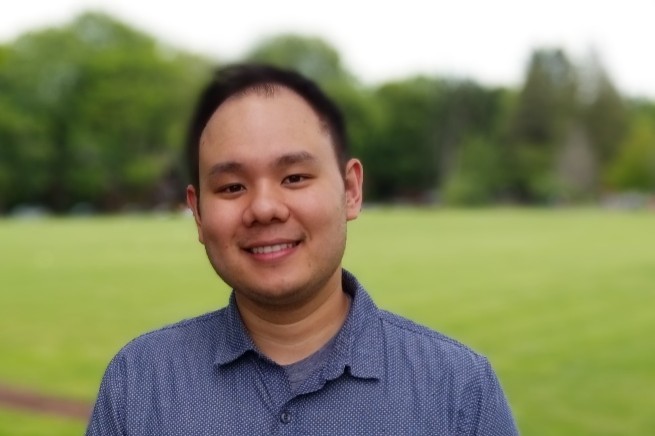A Different Approach to Sleep
This isn’t about perfect sleep hygiene or strict rules. Together over six weeks, we’ll:
- – Understand your unique sleep patterns
- – Reduce sleep-related worry and effort
- – Improve sleep through sustainable, gentle practices
- – Work with your body, not against it
- – Learn to approach setbacks with self-compassion

